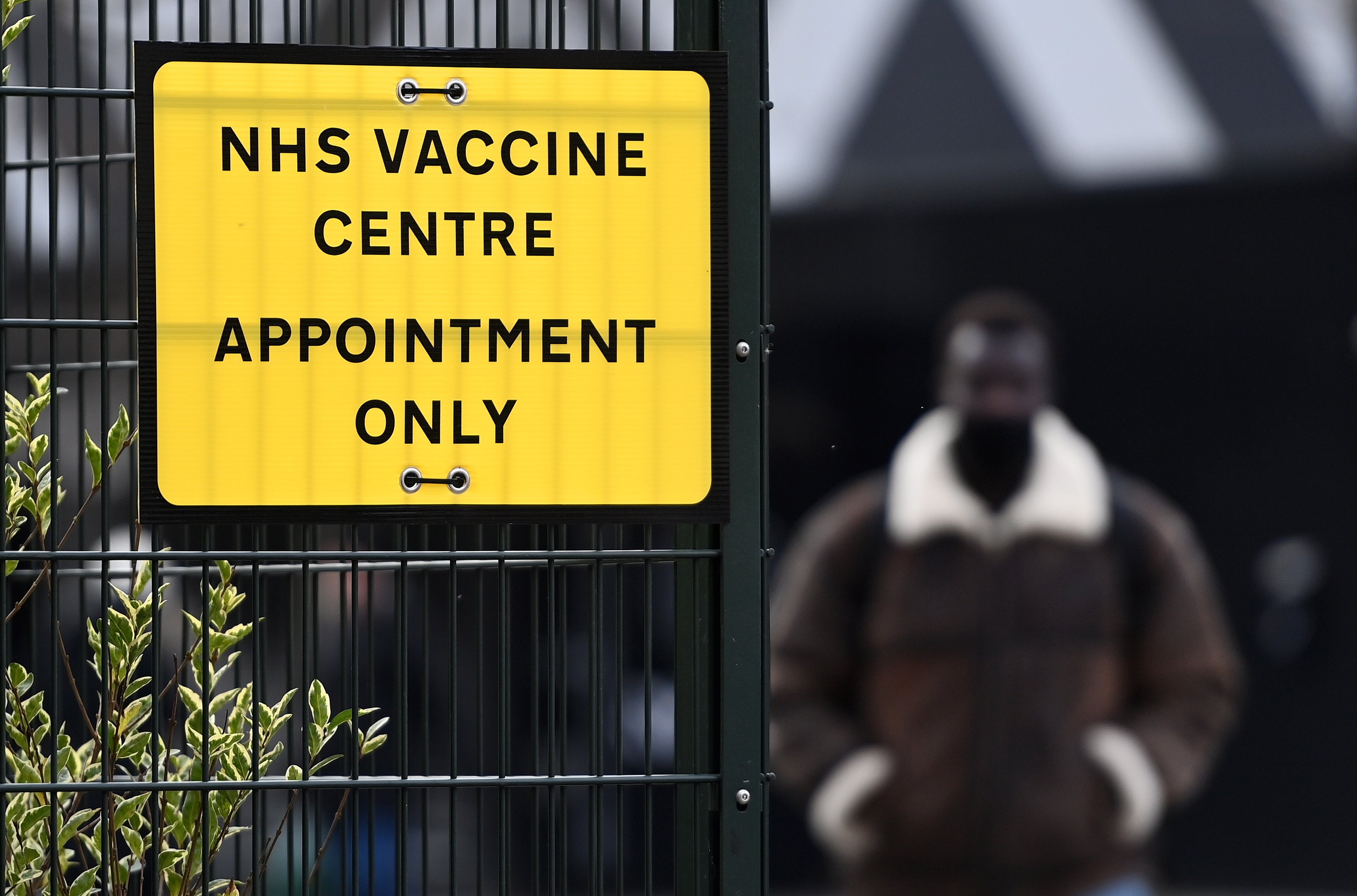Hancock warned not to allow NHS reorganisation to distract from Covid response
Blueprint will reverse market-based reforms of earlier Conservative government

Your support helps us to tell the story
From reproductive rights to climate change to Big Tech, The Independent is on the ground when the story is developing. Whether it's investigating the financials of Elon Musk's pro-Trump PAC or producing our latest documentary, 'The A Word', which shines a light on the American women fighting for reproductive rights, we know how important it is to parse out the facts from the messaging.
At such a critical moment in US history, we need reporters on the ground. Your donation allows us to keep sending journalists to speak to both sides of the story.
The Independent is trusted by Americans across the entire political spectrum. And unlike many other quality news outlets, we choose not to lock Americans out of our reporting and analysis with paywalls. We believe quality journalism should be available to everyone, paid for by those who can afford it.
Your support makes all the difference.As he launches a blueprint to reverse the NHS reforms of an earlier Conservative government, Matt Hancock has been warned not to allow the reorganisation to become a distraction in the middle of the coronavirus pandemic.
A white paper being published on Thursday aims to strip away the bureaucracy of the internal market system created under David Cameron in 2012, and encourage health and social care services in England to work more closely together.
But health experts warned that yet another massive restructure could divert manpower and resources away from the challenges facing the NHS as it emerges from Covid-19.
And there were fears that restoring ministers’ powers of direction may lead to politicians attempting to micromanage the service from Whitehall.
Shadow health secretary Jonathan Ashworth said: “Boris Johnson must explain why a reorganisation in the midst of the biggest crisis the NHS has ever faced is his pressing priority.
“With 192,000 patients now waiting over a year for treatment, our cancer survival rates shamefully low by European standards and mental health services stretched to the limits, ministers need to outline how an NHS reorganisation at this point in time will deliver the standards of care patients deserve.”
Mr Hancock said his proposals - leaked at the weekend - were about “stripping away unnecessary legislative bureaucracy, empowering local leaders and services and tackling health inequalities”.
There was a broad welcome for proposals, based on recommendations in the 2019 NHS long-term plan, for a new model for local health services based on “integrated care systems” bringing together the health and care services and local government.
“By sweeping away clunky competition and procurement rules, these new plans could give the NHS and its partners greater flexibility to deliver joined-up care to the increasing numbers of people who rely on multiple different services,” said Richard Murray, the chief executive of the King’s Fund thinktank.
But he warned that new powers for ministers to intervene earlier in local decisions on the opening and closure of services risked reintroducing “the damaging model of top-down command and control” in the NHS.
Mr Murray said: “The history of the NHS is littered with reform plans that overestimated benefits and underestimated disruption. In implementing these proposals, it will be essential to avoid distracting health and care services from dealing with the crisis at hand..
And Nuffield Trust chief executive Nigel Edwards warned: “We must be careful that, in trying to boost cooperation, we don’t fall into the age-old traps of distracting, confusing reorganisation, or trying to run Europe’s biggest public service from Whitehall.
“The NHS has seen so many restructures that it can shift easily into reorganisation mode, where attention is taken away from patient care to focus on who is on which committee and which lines are on the organogram.”
Meanwhile, figures from across the political spectrum, including Conservative former health secretaries Jeremy Hunt and Stephen Dorrell, social care review author Sir Andrew Dilnot and Greater Manchester mayor Andy Burnham, were due to attend a virtual conference demanding a “people plan” for fairer pay for social care workers.
Unveiling figures showing 73 per cent of care staff earn less than the real living wage of £9.50 per hour - £10.85 in London - Unison union general secretary Christina McAnea said: “The shortcomings in social care should have been fixed long ago. But governments of all persuasions have failed repeatedly to deliver a plan for reform.
“Care workers are on the forgotten front line as this pandemic has repeatedly shown. They and the people they look after deserve better – it’s time they got a fair deal.”




Join our commenting forum
Join thought-provoking conversations, follow other Independent readers and see their replies
0Comments